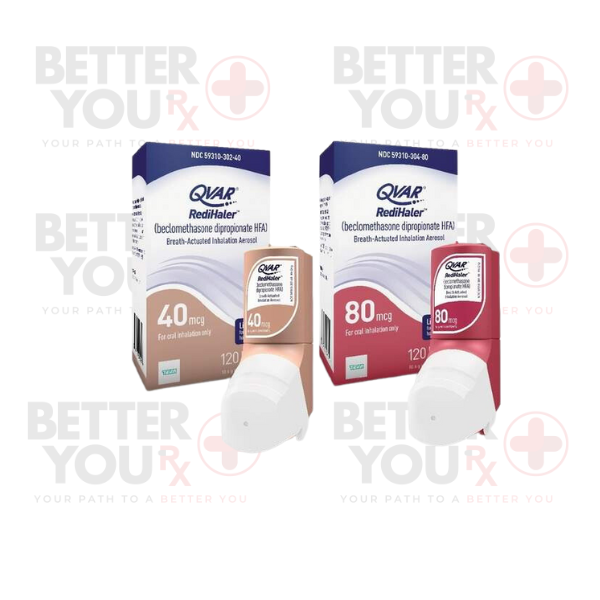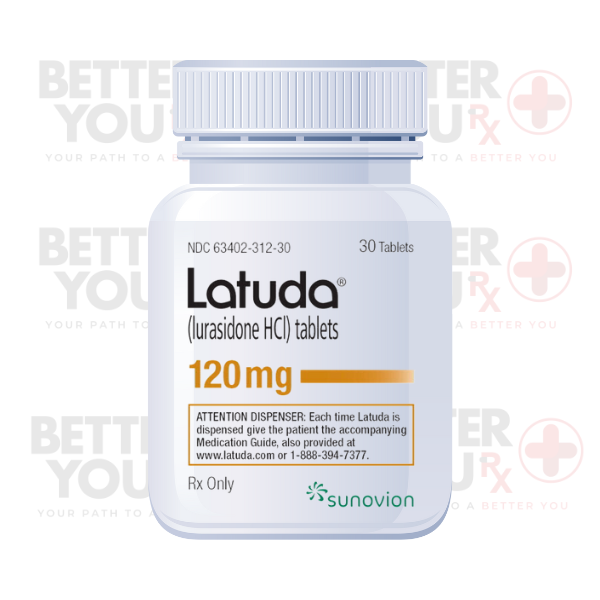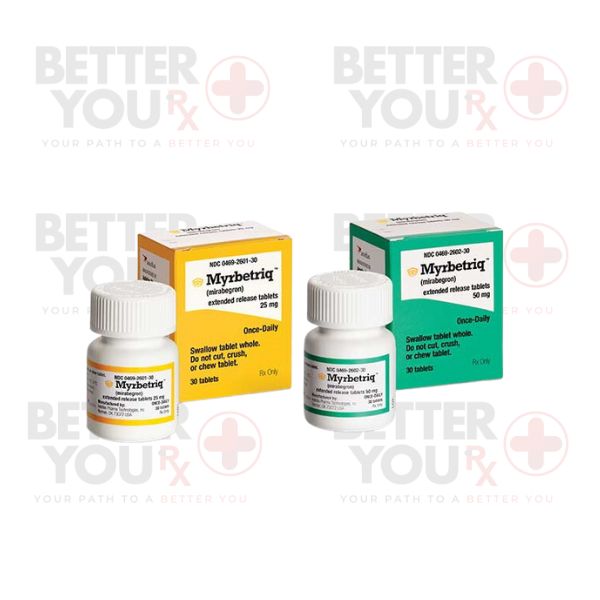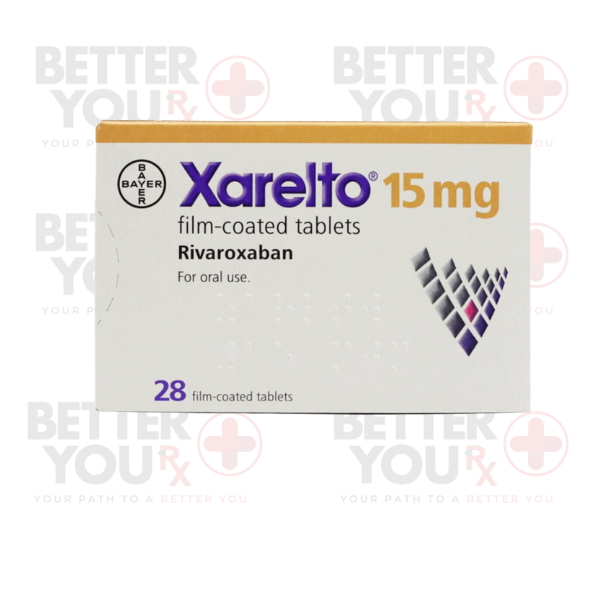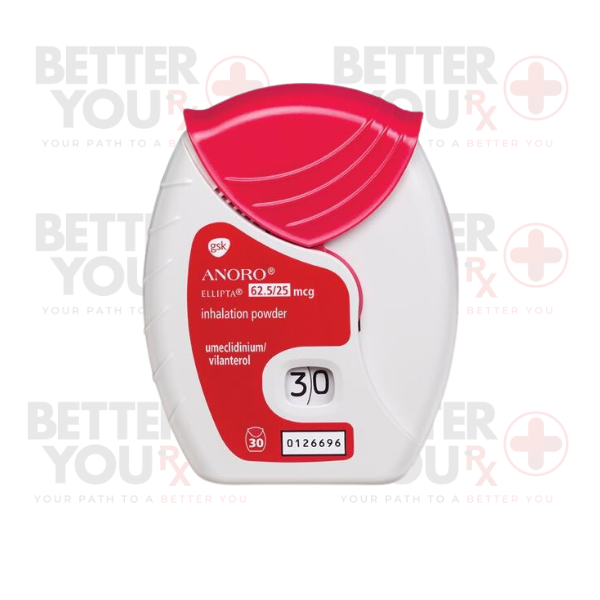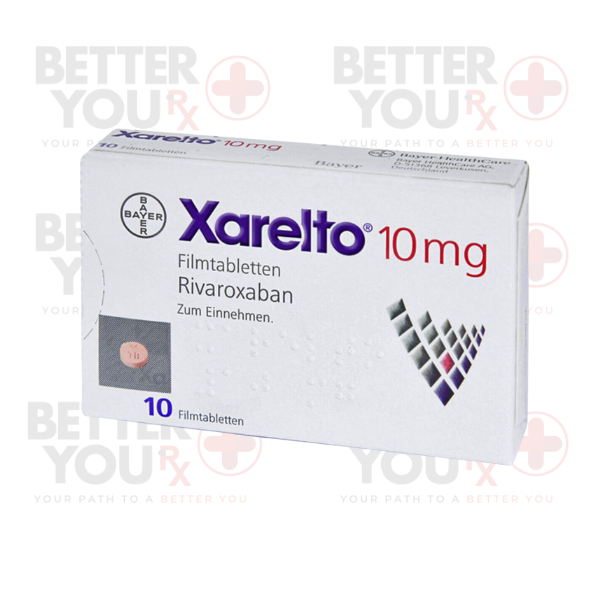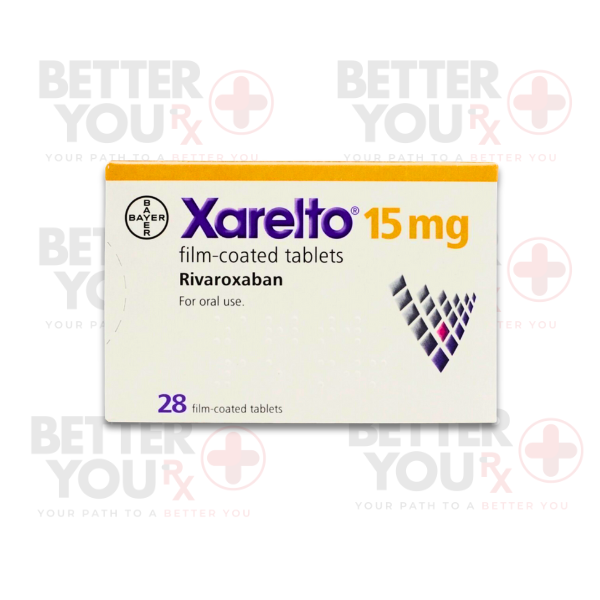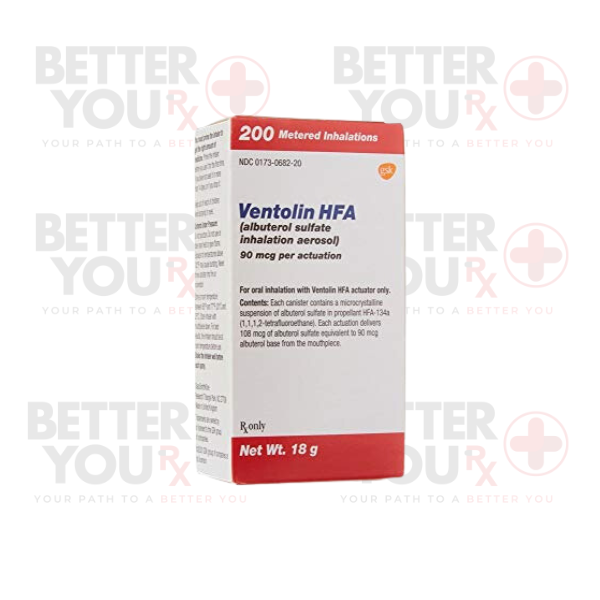| Usage |
Celecoxib is administered in capsule form for oral consumption. Typically, it is taken once or twice a day, depending on the prescribed dose. If your dose is up to 200 mg, you have the option to take it with or without food. However, if your dose exceeds 200 mg, it is advisable to take it with a meal. If you're unsure whether you should take it with food, consult your doctor or pharmacist for guidance.
To ensure consistent and effective use, establish a routine by taking celecoxib at the same time(s) daily. It's imperative to meticulously follow the instructions provided on your prescription label and seek clarification from your doctor or pharmacist if any aspect is unclear.
Take celecoxib precisely as directed by your healthcare provider. Do not exceed or reduce the dosage or alter the frequency without their guidance.
If you encounter difficulties swallowing capsules or if you need to administer this medication to a child, you can open the capsules and sprinkle the contents onto a teaspoon of cold or room-temperature applesauce. You may prepare this mixture in advance and store it in the refrigerator for up to 6 hours. When ready to take the medication, consume the entire mixture, followed by water to ensure that you have ingested all of it.
|
| Side Effects |
Celecoxib has the potential to elicit side effects. Should you experience any of the following symptoms, particularly if they are severe or persistent, inform your doctor:
• Diarrhea
• Gas or bloating
• Sore throat
• Cold-like symptoms
Certain side effects merit immediate attention. If you encounter any of the subsequent symptoms or those highlighted in the IMPORTANT WARNING section, contact your doctor promptly and refrain from further celecoxib intake until you've consulted with them:
• Unexplained weight gain
• Shortness of breath or breathing difficulties
• Swelling of the abdomen, feet, ankles, or lower legs
• Nausea
• Excessive fatigue
• Unusual bleeding or bruising
• Itching
• Decreased energy
• Loss of appetite
• Upper right abdominal pain
• Yellowing of the skin or eyes
• Flu-like symptoms
• Blisters
• Fever
• Rash
• Hives
• Enlargement or puffiness in the facial area, throat, tongue, lips, eyes, or hands.
• Hoarseness
• Difficulty swallowing or breathing
• Paleness of the skin
• Rapid heartbeat
• Cloudy, discolored, or bloody urine
• Back pain
• Difficult or painful urination
• Frequent urination, especially at night
Celecoxib may also produce other side effects. If you encounter any unusual issues while taking this medication, do not hesitate to contact your doctor for guidance and assessment. Your well-being is our priority.
|
| Storage |
Store this medication in its original container, securely sealed, and out of children's reach. Keep it at room temperature, away from excessive heat and moisture, and avoid storing it in the bathroom. To dispose of any unused medication, take precautions to ensure it cannot be accessed by pets, children, or others. Never flush this medication down the toilet. The safest method for disposal is to utilize a medicine take-back program. Please reach out to your pharmacist or get in touch with your local waste management or recycling authority to explore the accessibility of take-back programs in your area.
To prevent accidental poisoning in young children, it's crucial to keep all medications out of their sight and reach. Many containers, such as weekly pill organizers and those for eye drops, creams, patches, and inhalers, may not be child-resistant and can be easily opened by young children. To ensure their safety, always secure safety caps and promptly store medications in a safe location that is both out of sight and out of reach of children.
|
| Special Precautions |
Before commencing celecoxib treatment, it's essential to communicate the following information to your doctor and pharmacist:
1. Disclose any allergies you have, whether to celecoxib, aspirin, other NSAIDs like ibuprofen (Advil, Motrin), naproxen (Aleve, Naprosyn), sulfa medications, any other medications, or any inactive ingredients found in celecoxib capsules. If needed, request a list of these inactive ingredients from your pharmacist.
2. Inform your doctor and pharmacist about all prescription and over-the-counter medications, vitamins, dietary supplements, and herbal products you are currently taking or plan to use. Specifically, mention medications mentioned in the IMPORTANT WARNING section and any of the following:
• Angiotensin-converting enzyme (ACE) inhibitors like benazepril (Lotensin), captopril, enalapril (Vasotec), fosinopril, lisinopril (in Zestoretic), moexipril (Univasc), perindopril (Aceon), quinapril (Accupril), ramipril (Altace), and trandolapril (Mavik).
• Angiotensin receptor blockers like candesartan (Atacand), eprosartan (Teveten), irbesartan (Avapro), losartan (Cozaar), olmesartan (Benicar), telmisartan (Micardis), and valsartan (in Exforge HCT).
• Beta blockers such as metoprolol (Lopressor, Toprol XL), labetalol (Trandate), nadolol (Corgard), atenolol (Tenormin), and propranolol (Hemangeol, Inderal).
• Diuretics (water pills).
• Fluconazole (Diflucan).
• Lithium (Lithobid).
Your doctor may need to adjust medication dosages or closely monitor you for potential side effects.
3. Disclose if you have a history of any conditions mentioned in the IMPORTANT WARNING section or if you have asthma, particularly if accompanied by frequent nasal congestion, swelling of the nose's lining (nasal polyps), swelling in the hands, arms, feet, ankles, or lower legs, heart failure, or liver or kidney disease.
4. Inform your doctor if you are pregnant, particularly if you are in the late stages of pregnancy, planning pregnancy, or breastfeeding. In case you become pregnant while on celecoxib, promptly contact your doctor.
5. If you anticipate any surgical procedures, including dental surgery, inform the healthcare professionals involved that you are taking celecoxib.
|
| Important Warning |
Individuals taking nonsteroidal anti-inflammatory drugs (NSAIDs), including celecoxib, other than aspirin, may face a heightened risk of experiencing heart attacks or strokes compared to those who do not use these medications. These events can occur suddenly and may lead to fatal outcomes. Prolonged use of NSAIDs may amplify this risk. Do not take an NSAID like celecoxib if you have recently suffered a heart attack unless your doctor specifically advises you to do so.
Inform your doctor if you or any family member has a history of heart disease, heart attacks, or strokes, if you are a smoker, or if you have ever had high cholesterol, high blood pressure, or diabetes. Seek immediate medical attention if you encounter any of the following symptoms: chest pain, breathlessness, weakness affecting one side or part of your body, or difficulty speaking clearly.
If you are scheduled for coronary artery bypass graft (CABG) surgery, refrain from taking celecoxib immediately before or after the procedure. NSAIDs like celecoxib can potentially lead to stomach or intestinal ulcers, bleeding, or perforations, which can manifest at any point during treatment, often without warning symptoms, and may result in serious consequences, including death. The risk is greater for individuals using NSAIDs over an extended period, those of advanced age, individuals with compromised health, or those consuming significant amounts of alcohol while on celecoxib.
Inform your doctor if you consume alcohol excessively or if you are taking any of the following medications: anticoagulants (blood thinners) like warfarin, aspirin, other NSAIDs such as ibuprofen or naproxen, oral steroids like dexamethasone, methylprednisolone, and prednisone, selective serotonin reuptake inhibitors (SSRIs) such as citalopram, fluoxetine, fluvoxamine, paroxetine, and sertraline, or serotonin-norepinephrine reuptake inhibitors (SNRIs) such as desvenlafaxine, duloxetine, and venlafaxine. Additionally, disclose any history of ulcers or bleeding in your stomach or intestines, or any other bleeding disorders.
Should you experience any of the following symptoms, cease taking celecoxib and promptly contact your doctor: stomach pain, heartburn, vomiting blood or coffee-ground-like material, blood in stools, or black, tarry stools.
Ensure you attend all scheduled appointments with your doctor and undergo recommended laboratory tests. Your doctor will closely monitor your symptoms and may order specific tests to assess your body's response to celecoxib. Keep your doctor informed about your well-being to enable them to prescribe the appropriate medication dosage to manage your condition with the least risk of serious side effects
|


